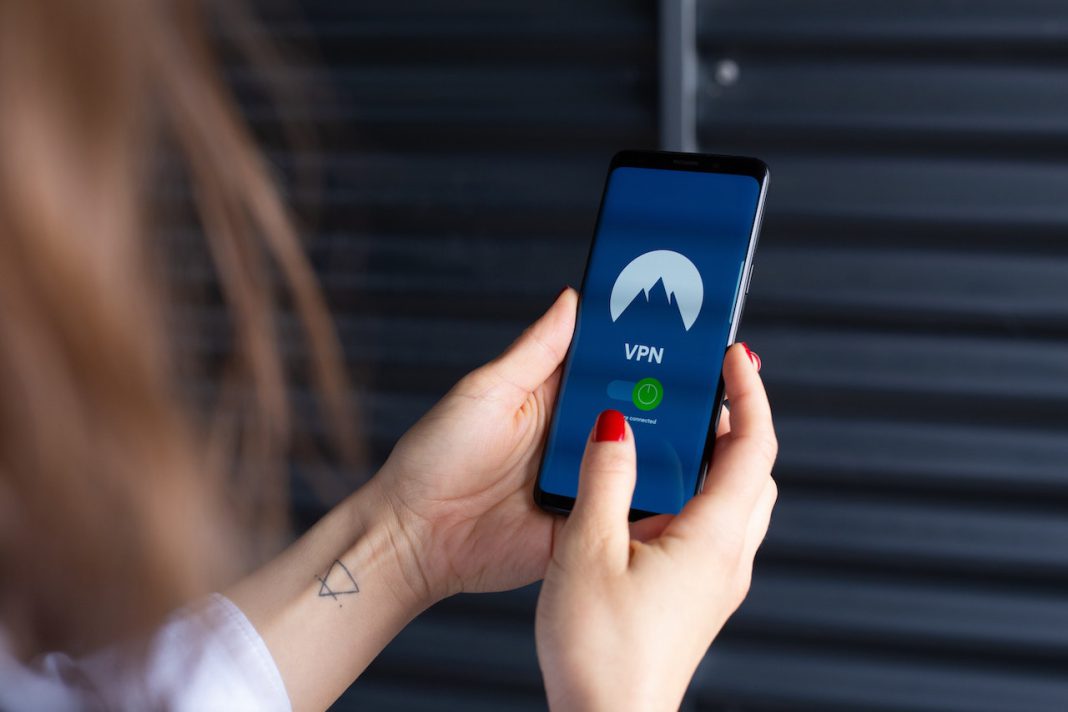Children’s literature is a major form of entertainment and education for children in many countries around the world, but accessing it can be difficult due to the geographical restrictions of online content. Virtual Private Networks (VPNs) are a great way to bypass these geographical restrictions and access children’s literature from anywhere. But, how do VPNs work and what are the impacts of using them? In this article, we’ll discuss the advantages and disadvantages of using VPNs for secure online data access, different types of VPNs and their benefits, how to configure a VPN for secure data access, common challenges with VPNs, and best practices for securing data access with VPNs.
Advantages of Using VPNs for Secure Online Data Access
VPNs are a great way to access online data securely. They allow users to access content from anywhere in the world, regardless of their geographical location. VPNs also provide an extra layer of security by encrypting data that passes through the network. This means that any data passing through the network is kept private and secure. Additionally, VPNs can be used to bypass certain restrictions, such as censorship and access geo-blocked content.
Disadvantages of Using VPNs for Secure Online Data Access
While VPNs are a great way to access online data securely, they can also pose a few risks. VPNs can slow down your internet connection, as the data has to be encrypted and decrypted before being sent and received. Additionally, some VPNs can be unreliable, making it difficult to access certain websites and services. Finally, some VPNs can be difficult to set up, making it difficult for users to access the data they need.
Types of VPNs and Their Benefits
There are several different types of VPNs available, each with their own set of benefits. One of the most popular types is the Switzerland best VPN, which offers a secure and private connection to the internet. This type of VPN offers users the ability to access geo-restricted content, as well as to mask their IP address and encrypt their data. Additionally, Switzerland best VPNs are usually very reliable and easy to set up.
Configuring VPNs for Secure Data Access
Configuring a VPN for secure data access is not difficult, but it does require a few steps. First, you have to select a VPN provider and sign up for an account. Once your account is set up, you will be able to download and install the VPN software on your device. Finally, you can configure the VPN to connect to the internet securely.
Common Challenges with VPNs
Despite the many advantages of using VPNs, there are some common challenges that users may face. One of the most common challenges is that VPNs can slow down your internet connection, as the data has to be encrypted and decrypted before being sent and received. Additionally, some VPNs may be unreliable, making it difficult to access certain websites and services. Finally, some VPNs can be difficult to set up, making it difficult for users to access the data they need.
Best Practices for Securing Data Access with VPNs
When using a VPN to access online data securely, there are a few best practices that users should adhere to. First, it is important to select a reliable and secure VPN provider. Additionally, users should ensure that their VPN is set up correctly and that it is always up to date. Finally, users should regularly monitor their VPN connection and make sure that their data is always secure.
Conclusion
VPNs are a great way to access online data securely, and they are becoming increasingly popular as more people use the internet. They allow users to access content from anywhere in the world, regardless of their geographical location. Additionally, they provide an extra layer of security by encrypting data that passes through the network. By understanding the advantages and disadvantages of using a VPN, as well as the best practices for securing data access, users can ensure that their online activities are always safe and secure. Switzerland best VPN can be a great choice for those looking for a secure and reliable VPN provider.






